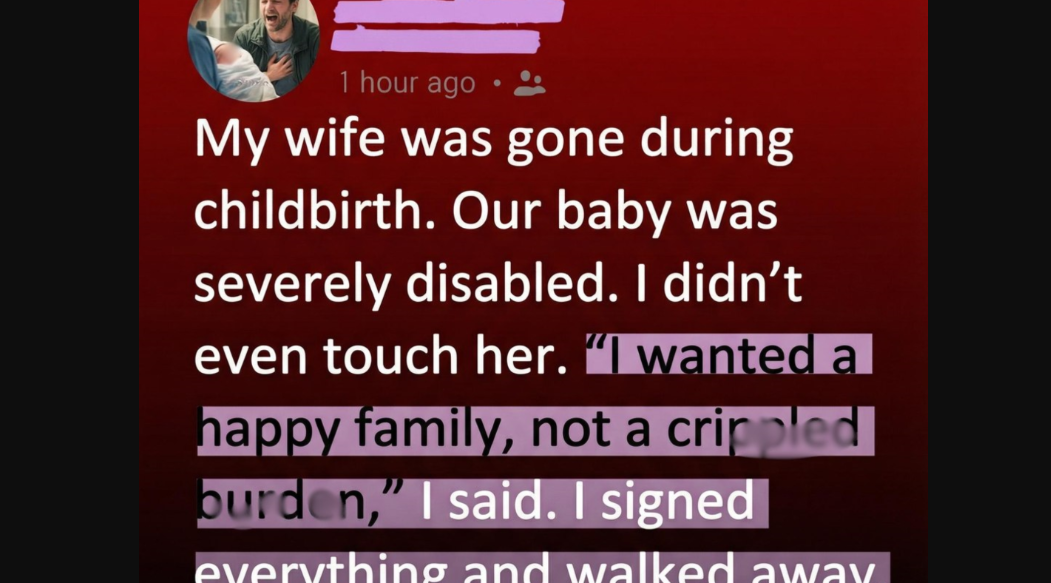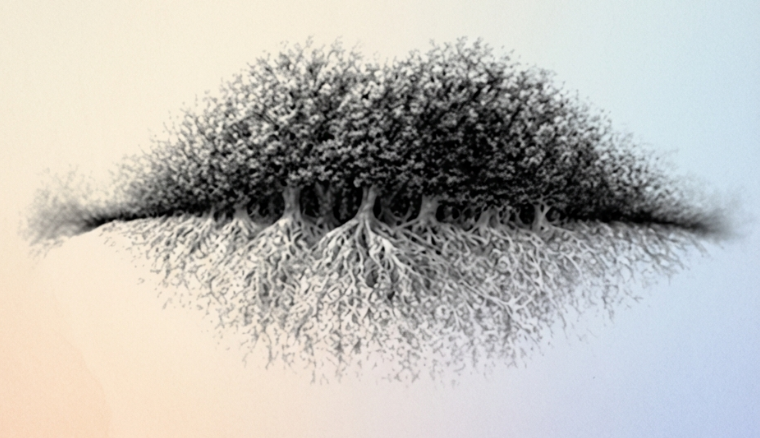Some individuals dream vividly, while others claim they don’t dream at all—or perhaps they simply don’t remember it happening.
But what do dreams truly mean? While many people believe that dreams are messages from forces beyond our conscious understanding, some scientists argue that dreams are merely a byproduct of neural activity occurring in the brain during sleep.
Although we are asleep, our brains remain active. Dreams often reflect events from our day, while at other times, they symbolize our deepest fears. But what does it signify when we dream of someone who has passed away?
Such dreams are often seen as part of the grieving process or a reflection of significant transitions in our own lives. According to Healthline, they tend to align more closely with life changes and personal growth.
These dreams are particularly common during periods of transformation, such as starting a new job, moving to a new place, or meeting someone significant.

What holds more importance than the dream itself, however, is the way it makes us feel.
Rubin Naiman, Ph.D., a renowned psychologist specializing in sleep studies, suggests, “Dream interpretation is about decoding the dream. It helps expand our psychological awareness and consciousness.”
Thus, dreaming of someone who has passed may be connected to the transitions mentioned earlier and how those changes resonate within us.
As shared by Team Louish/Flickr, “Many modern neuroscientists believe that during REM sleep, the brain is focused on maintenance tasks, and dreams are merely a byproduct of this activity—like visual ‘dust’ being stirred up. From this perspective, dreams might be considered meaningless.” However, he also notes, “On the other end of the spectrum, dreaming is seen as far more profound than waking life. In certain cultures, such as the indigenous people of Australia, dreams are viewed as deeply spiritual and integral to human existence.”
Experts often categorize dreams about deceased individuals into four main types:
- Dreams may represent the brain’s attempt to process the pain of loss.
- If unresolved issues with the deceased remain, such as guilt or unspoken words, these feelings might surface in dreams.
- According to dream analyst Lauri Loewenberg, we might dream of someone deceased if we recognize behaviors or traits they exhibited—such as substance abuse—in ourselves.
- Some believe these dreams are direct visitations, particularly if the deceased appears well-dressed, happy, or in good condition. If the dream leaves a positive impression, it may symbolize the deceased saying “hello.”

Regardless of personal beliefs about dreams, one undeniable truth is that they often provide profound insight. Dreams offer a glimpse into our inner selves and reveal a meaningful connection with those who appear in them, especially loved ones who have passed.







